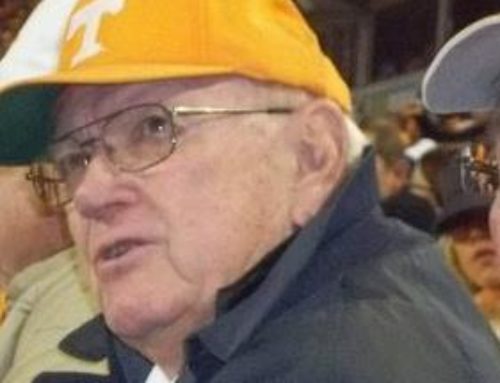The 2010 elections are now history and voters across Tennessee gave Republicans in the State House of Representatives an enormous and early Christmas gift – 64 out of 99 seats. In my opinion, the 2010 elections were the most important and significant elections in the last thirty years. No one, including the most astute political insiders, saw this large of a landslide coming. The Republican leadership in the House was predicting, or should I say, hoping for a post-election total of 55-56 seats, a majority large enough to allow Republicans to take control by electing the first Republican Speaker of the House actually elected by Republicans, since the early-seventies. However, this super-majority is a staggering victory and one that will most likely allow Republicans to control both the State House and Senate for the next decade; maybe the next several decades once redistricting takes place in 2011.
For the average citizen who participated in yesterday’s election, they are probably relieved to turn on their televisions and radios without enduring the endless stream of negative ads, which by the way, are highly effective at swaying voters. There was a reason President Obama didn’t make a stop in Tennessee during this election cycle. If he had, Republicans could have probably picked up another 5 seats.
But for the newly elected members of the Tennessee House of Representatives, now is when they’ll receive the first of a multi-course gourmet meal in caucus politics – a month long game of high stakes poker with a huge jackpot in the middle – the privilege of being called “Mr. Speaker”. Over the next five to seven days these freshman legislators will be inundated with congratulatory phone calls, emails and letters from their new colleagues. Most are from rank and file members simply welcoming them to the club. Yet a few of these contacts are from aggressive and motivated members seeking election to a handful of caucus leadership positions. For Republicans, their most important decision will be their nominee for Speaker. Other key positions in play will be Majority Leader, Caucus Chairman and Majority Whip. I’ll outline and define the responsibilities of these positions in future posts.
Those members who had an early eye on the Speakers post if the House Republicans took control have been busy for the past several months recruiting candidates, raising money for both individual campaign coffers and Leadership PAC’s (used by both parties as an additional funding mechanisms for funding campaigns) and employing campaign strategies to help retain and win new seats. The two most aggressive in implementing this strategy were the current Republican Caucus Chairman, Rep. Glen Casada of Williamson County and former State Chairman of the Republican party, Rep. Beth Harwell of Davidson County, currently the Chairman of the House Commerce Committee. Other names being bantered about for the Speaker’s position are Rep. Gerald McCormick from Hamilton County and Rep. Judd Matheny from Tullahoma. A few more names may surface in the next few days but none probably have a legitimate chance of gaining much traction if they haven’t already aligned themselves with the newly elected freshman during this past campaign cycle. In other words, most people “dance with the one who brought them to the dance” when deciding on who to vote for in caucus elections.
So, how do these caucus campaigns work and what successful strategies will be implemented to win the Republican nominee for Speaker of the House? Tomorrow I’ll begin by outlining some of these tactics and how deals are structured and cut with fellow members to gain votes and position others for key leadership posts.
Stay tuned – the process of running caucus campaigns is actually more interesting than the elections themselves.






Absolutely fascinating. I thought all the winners were decided on election night, but it sounds like there is still a lot of power in the behind-the-scenes politics of the General Assembly. This must be mind-boggling to a newly-elected representative. To be lobbied by another politician instead of special interest groups! Your blog on this process should be required reading for every Political Science 101 class in the State! I’ll look forward to frequent posts explaining what really goes on after election night up there on the Hill.